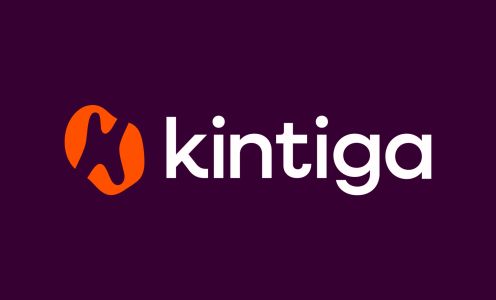EU-HTA: Joint Scientific Consultation (JSC)
The challenge
Close coordination between the pharmaceutical company, the European Medicines Agency (EMA) and the national HTA (Health Technology Assessment) authorities is required in order to successfully obtain marketing authorisation and reimbursement for new medicinal products. The strategy for generating evidence must take into account both the regulatory requirements for authorisation and the criteria for joint clinical assessment (JCA).
- It must be ensured that the results of the studies planned today answer the relevant questions at the time of the assessment.
- The main price anchors must be anticipated and, if necessary, made addressable, even though they may not even be authorised yet.
- The EMA and HTA authorities' requirements focus on different aspects and must be taken into account and harmonised accordingly.
- The authorities must be involved in order to ensure long-term security.
- Nevertheless, communication with the authorities must be carried out in a tactically clever manner in order to optimise the company's own interests and use resources efficiently.
The solution
Reducing uncertainties at an early stage
During the so-called gap years (end of EUnetHTA21 until 2025), joint consultations are carried out, known as parallel EMA/HTA body (HTAb) Scientific Advice. At the same time, national consultations with the HTA authorities can still be utilised. The regular Joint Scientific Consultation (JSC) will then follow from 2025. For pharmaceutical companies, these opportunities for interaction with the respective authorities can provide valuable strategic and operational information on the optimal design of pivotal studies, the anticipated PICO schemes and the course of the EU HTA process. The responses from the authorities are not binding and therefore require robust preparation and strategically far-sighted evaluation.
Our approach
Transforming German expertise into European excellence
The requirements and content of the application for the parallel European consultation procedure are very similar to the German G-BA consultation application. In addition, the entire methodology of the subsequent clinical assessment (JCA) is a reflection of the German requirements for the benefit assessment procedure. Our extensive experience and expertise in the German system is particularly valuable here in order to develop scenarios and reduce uncertainties in a comprehensible manner. It is important to anticipate the authorities' responses in advance and derive the strategic implications. This is the only way to ask the right questions and avoid posing the wrong ones.
An agile approach to changes
In today's world, VUCA - volatility, uncertainty, complexity, ambiguity - is a key challenge in strategy development and implementation. SKC utilises the agile way of working to deal flexibly with unforeseeable obstacles and changing circumstances. We are convinced that the agile way of working, with its ability to react quickly along with a constant flow of information, provides the optimal basis for joint collaboration between us and our clients.
-
Application for a JSC
as well as: targeted support for the application for a parallel scientific consultation at the G-BA during the gap years
-
Strategic and operational preparation of the JSC
joint development of the value story, tactical questions and operational translation into the application document
-
Participation or moderation of the JSC
optimal utilisation of the exchange for the best possible information gain
-
Strategic evaluation of the JSC report
evaluation of the JSC report with regard to the European and national HTA & pricing strategy
Get in touch

Founder and Managing Director
Fax: +49 511 64 68 14 18



